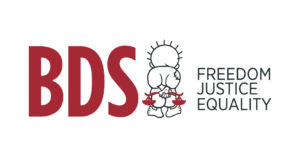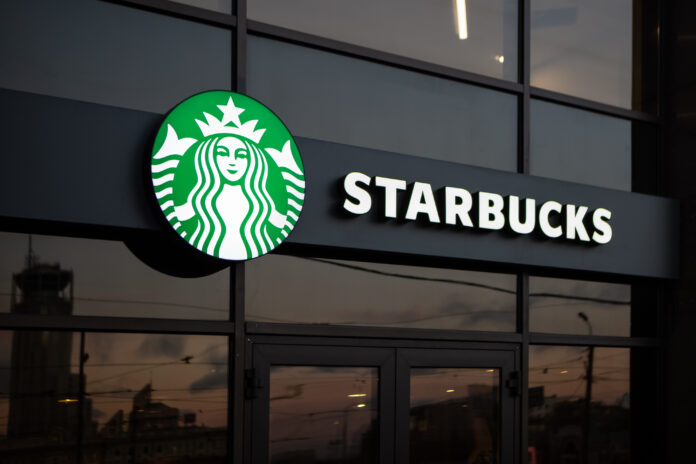The world’s biggest coffee chain, Starbucks, has informed investors that there has been a “significant impact on traffic and sales” amid a global boycott campaign targeting brands perceived to be supporting Israel.
According to recent figures, revenue growth fell below expectations and footfall was also down compared to earlier estimates.
U.S. store sales were also a disappointment, with just a 5% growth instead of the 5.73% Wall Street reportedly anticipated.
The company now expects fiscal 2024 total revenue growth to be in the range of 7% to 10%, which is a decrease from the previous ambition of around 10% to 12%.
Starbucks slashing its annual sales forecast is the latest sign that BDS boycotts against big businesses are taking a toll.
In November 2023, 5Pillars reported that shares of Starbucks plummeted 8.96%, which equated to a nearly $11 billion loss.
While the market loss cannot solely be put down to boycotts, Starbucks has long been a target for pro-Palestine activists because of the Zionist affiliations of major shareholder and former CEO Howard Schultz.
Subscribe to our newsletter and stay updated on the latest news and updates from around the Muslim world!
Schultz, who has invested billions in the Israeli economy, has openly promoted closer U.S.-Israel relations in the past.
More recently the company took legal action against ‘Starbucks Workers United’, the union representing many of its baristas, which has expressed solidarity with Palestinians on social media.
Back in October, Starbucks Workers United posted “Solidarity with #Palestine!” on X. The post was later deleted.
Starbucks was also been hit by strikes last year, with workers demanding better pay and working conditions.
Amid widespread protests, which included some cases of vandalism targeting Starbucks stores, Starbucks published a statement in December attempting to distance itself from Gaza-Israel.
“Our position remains unchanged. Starbucks stands for humanity. We condemn violence, the loss of innocent life and all hate and weaponised speech. Despite false statements spread through social media, we have no political agenda. We do not use our profits to fund any government or military operations anywhere – and never have.”
Starbucks has stores in Muslim-majority countries such as: Bahrain, Egypt, Jordan, Kuwait, Lebanon, Morocco, Oman, Qatar, Saudi Arabia, Turkey and the United Arab Emirates.
McDonald’s, Starbucks and KFC are amoung the main targets prompting awidespread consumer movement against them.
 Boycott McDonald’s has trended on social media on numerous occassions with UK activists designating specific action targeting the fast-food giant.
Boycott McDonald’s has trended on social media on numerous occassions with UK activists designating specific action targeting the fast-food giant.
The franchise’s United Kingdom branch, was forced to publish a statement denying its support for “any governments involved in the Middle East crisis.”
“We are dismayed by disinformation and inaccurate reports regarding our position in response to the conflict in the Middle East. McDonald’s corporation is not funding or supporting any governments involved in this conflict. Our hearts are with all of the communities and families impacted by the crisis. We abhor violence of any kind and firmly stand against hate speech, and we’ll always proudly open our doors to anyone.”
Oil and gas major Chevron also faced new global boycott calls relating to the company’s work with Israel this week.
The BDS Movement re-issued calls for a boycott of the gas and oil brand, citing its business with Israel in a statement.
“Chevron is implicated in Israel’s policy and practice of depriving the Palestinian people of their right to sovereignty over their natural resources. Chevron’s extraction activities generate billions of dollars in revenue for apartheid Israel and its war chest, helping
to fund the ongoing genocide against 2.3 million Palestinians in Gaza, as well as its regime of settler-colonialism, apartheid and military occupation. Chevron fuels apartheid and environmental devastation.”























